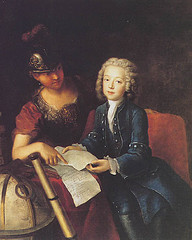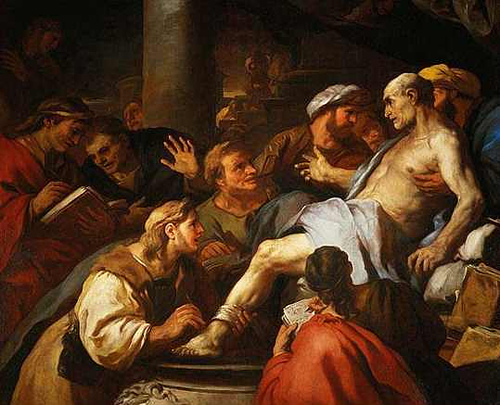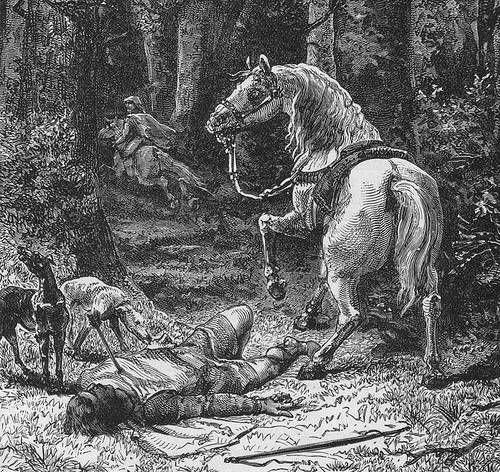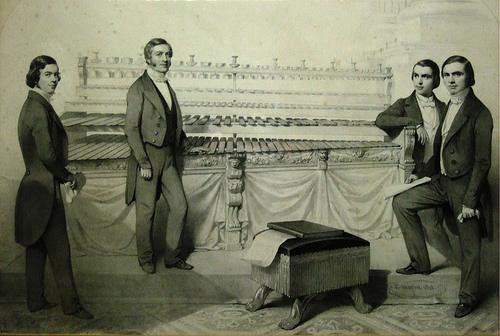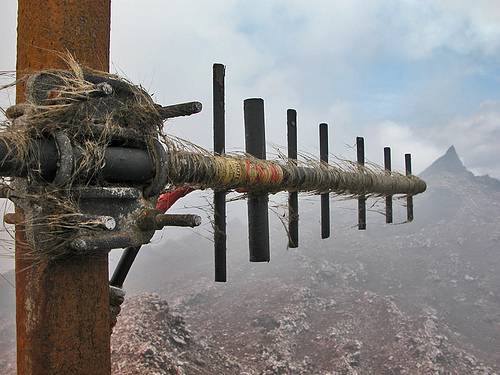
“In July 1822, the wife of the man who superintends the decoy ponds in the parish of Great Oakley, near Harwich, took an egg from a hen’s nest, in which was a remarkable discolouration. She kept it about a week, and, upon breaking it, observed something within alive, which so alarmed her, that she let it fall, and ran for her husband who was close by, and immediately came, and found lying on the ground, surrounded with the contents of the egg, an animal of the lizard species alive, but incapable, from weakness, of getting away. The contents of the egg were fœtid, contained a very small portion of yolk, and with the albumen, not more than sufficient to half fill the shell. The animal proved to be a land swift, speckled belly, about four inches in length, nothing remarkable in its form, except its hind legs being longer than usual. It died shortly after being out of the egg. The man has it dried for the inspection of the curious.”
— Colchester Gazette, cited in The Cabinet of Curiosities, 1824

